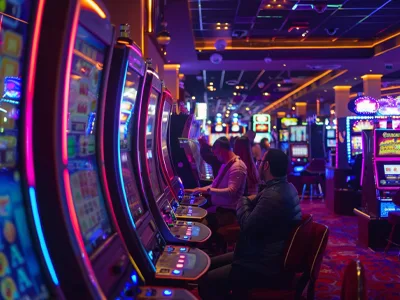Virginia lawmakers find insurmountable resistance to the measure and don’t move forward
A proposal to bring a casino to Fairfax County, Virginia, has been put on hold after facing strong pushback from residents and local leaders. The plan, centered around Senate Bill 675, aimed to let voters decide whether to approve a gaming venue in the Tysons area. Though it passed in the state Senate earlier this year, the measure failed to make it through a key House subcommittee, effectively shelving it for the 2025 General Assembly session.
Introduced by Senate Majority Leader Scott Surovell, the bill drew some support from business groups and officials eager to tap into new revenue streams. Proponents argued that a casino could generate over $150 million in annual tax revenue and create thousands of jobs, based on a 2019 state-commissioned study. Developers like Comstock Companies pitched an expansive vision, including a casino, hotel, office spaces, and entertainment facilities.
But those projections weren’t enough to sway public opinion. Residents, advocacy groups, and officials voiced serious concerns about traffic, strain on public services, rising rents, and potential social consequences like gambling addiction. State Senator Jennifer Boysko, representing Herndon, said most of her constituents were firmly opposed. Officials from nearby communities, including Vienna’s mayor and members of the Herndon Town Council, also objected to the plan.
Criticism grew louder after reports surfaced about political donations tied to Comstock and their financial support of a favorable George Mason University study. While legal, the connections raised questions about transparency and influence in the legislative process.
Delegate Paul Krizek, who chairs the House Gaming Subcommittee, echoed concerns about regulatory capacity. He argued that adding more casinos could stretch the state’s oversight ability.
Though the bill has been withdrawn for now, it’s not necessarily dead. With growing interest in gambling-related revenue, and ongoing discussions around regulation and ethics, the casino debate is expected to resurface during the 2026 legislative session.

